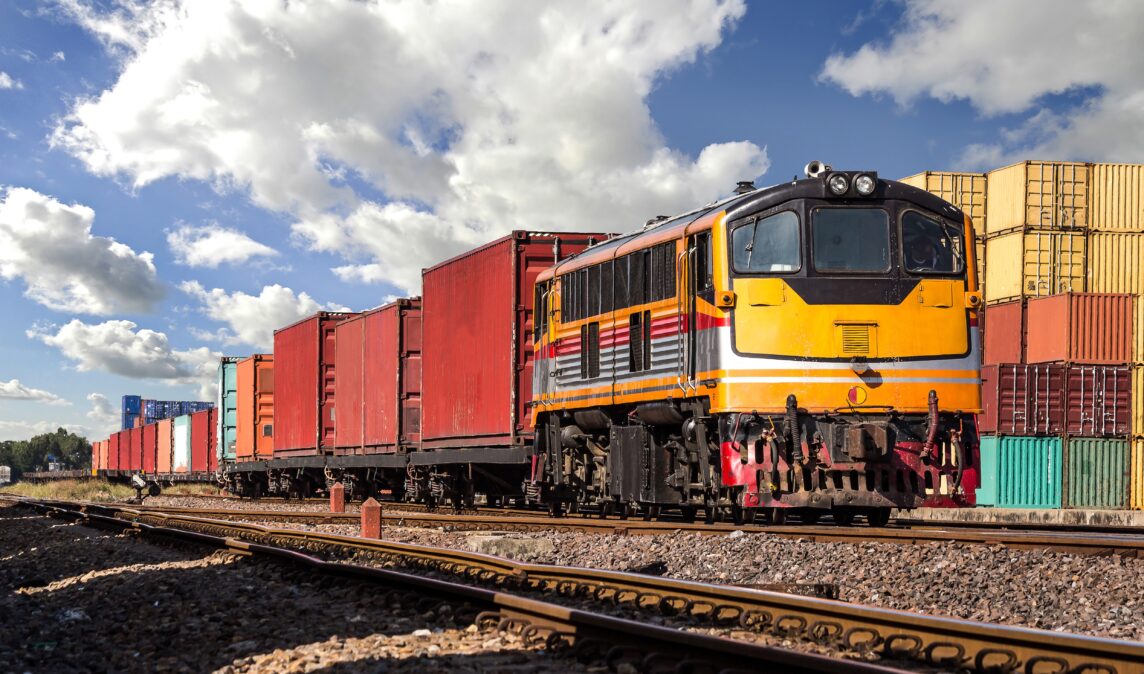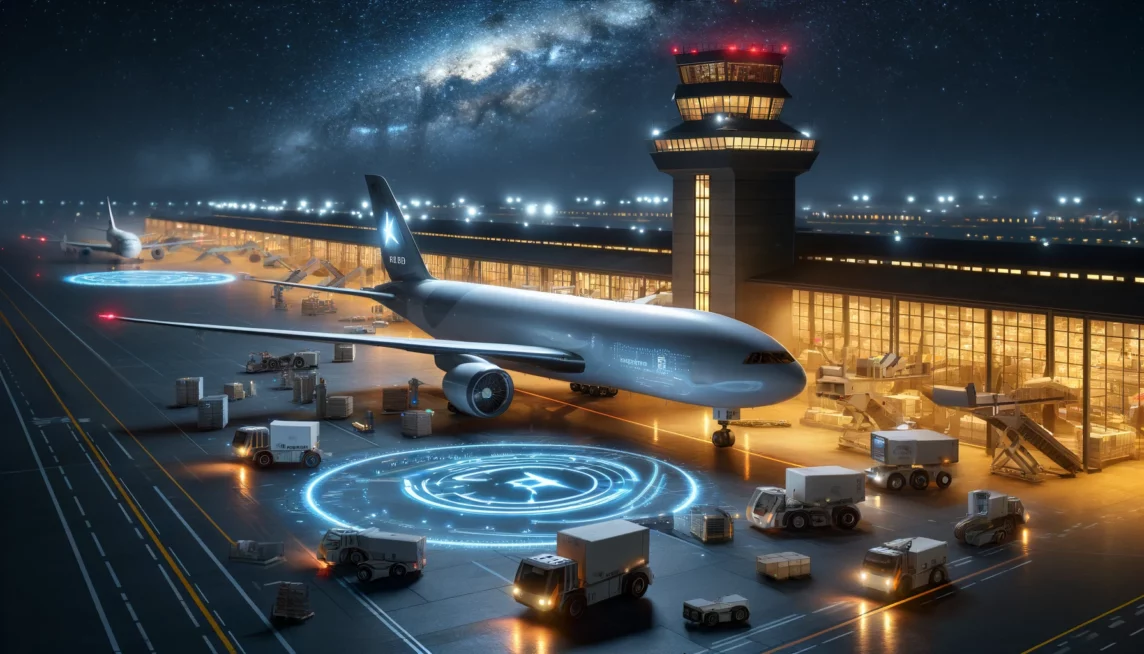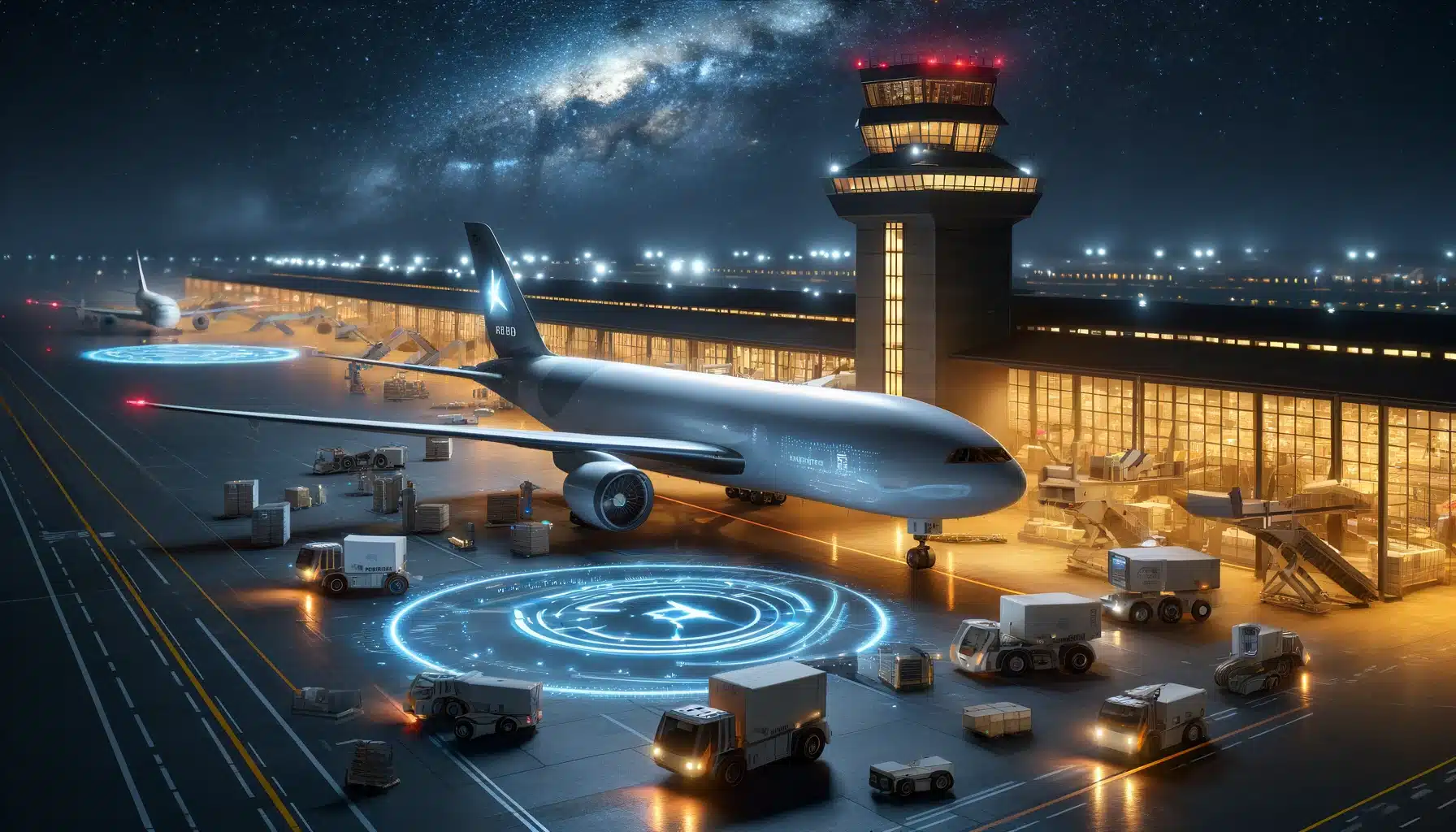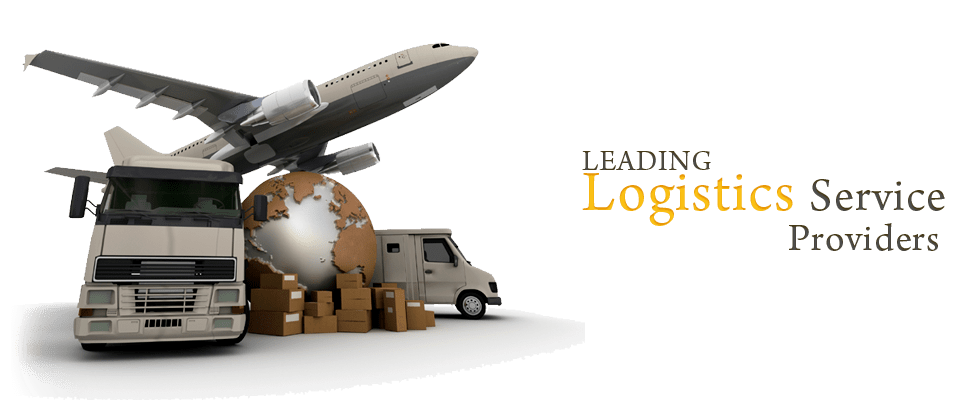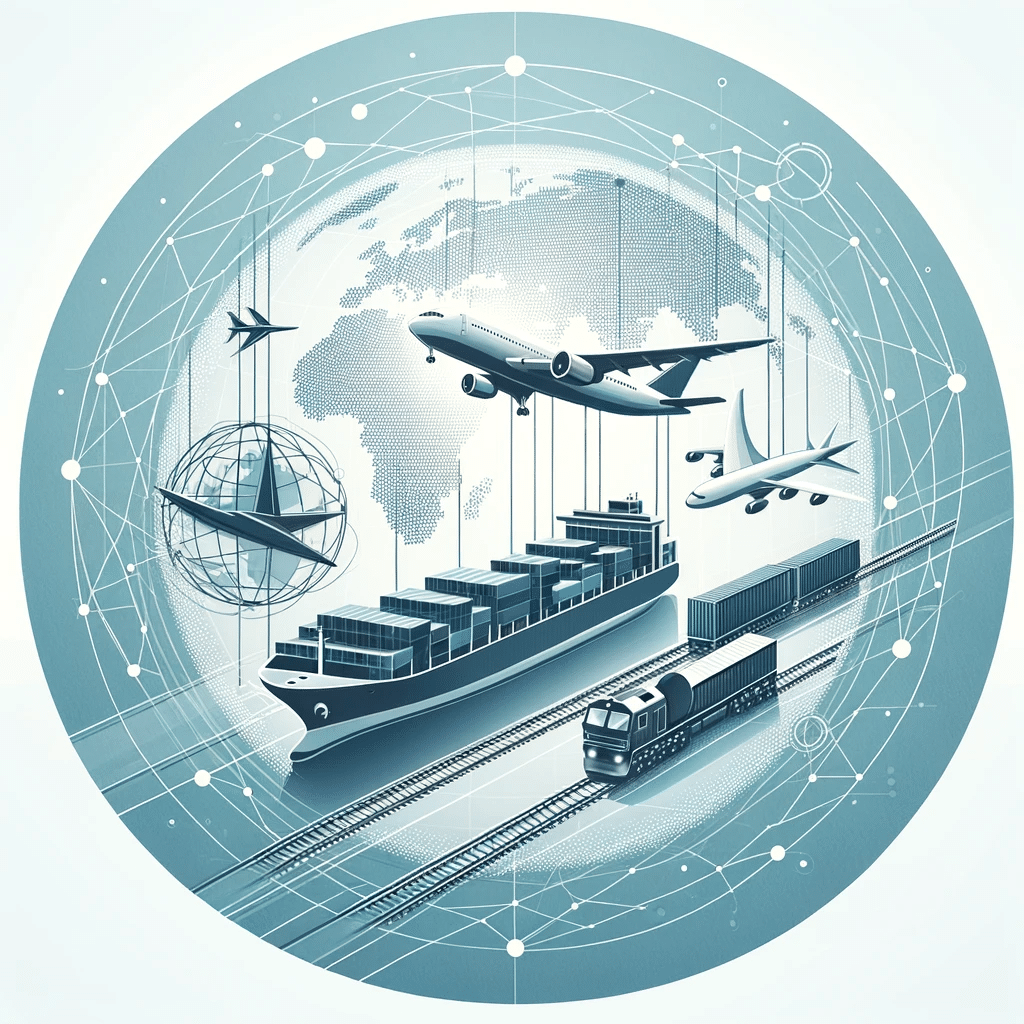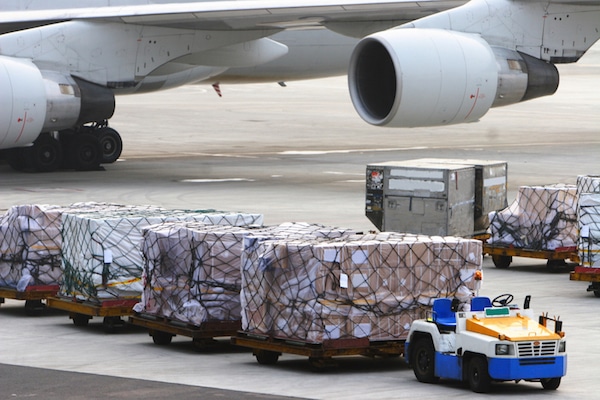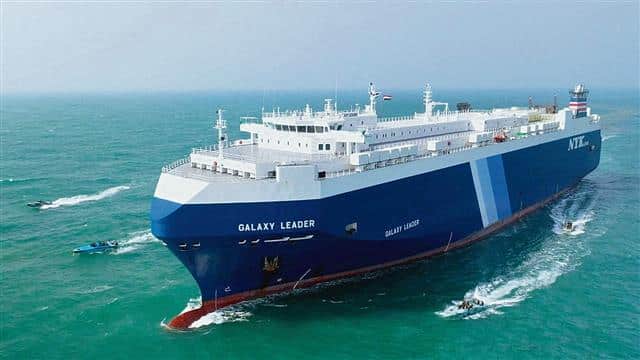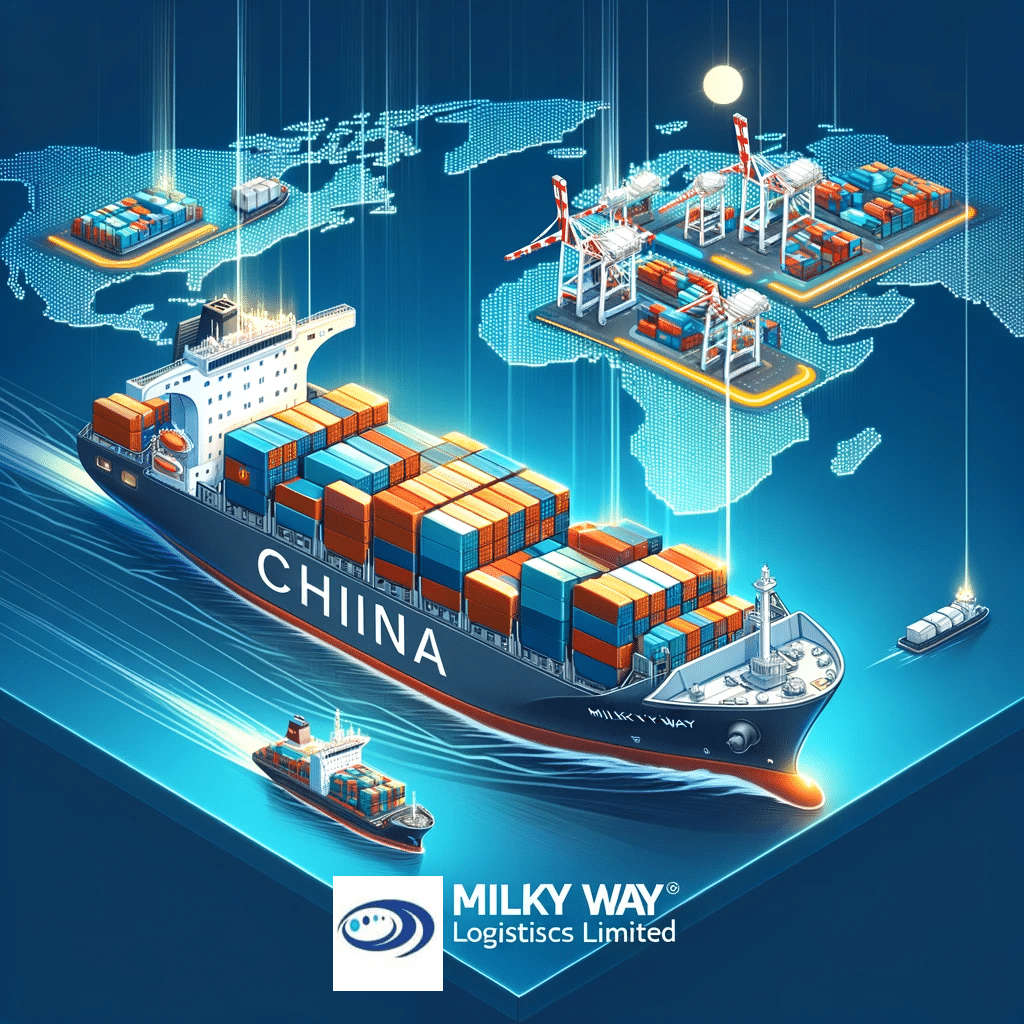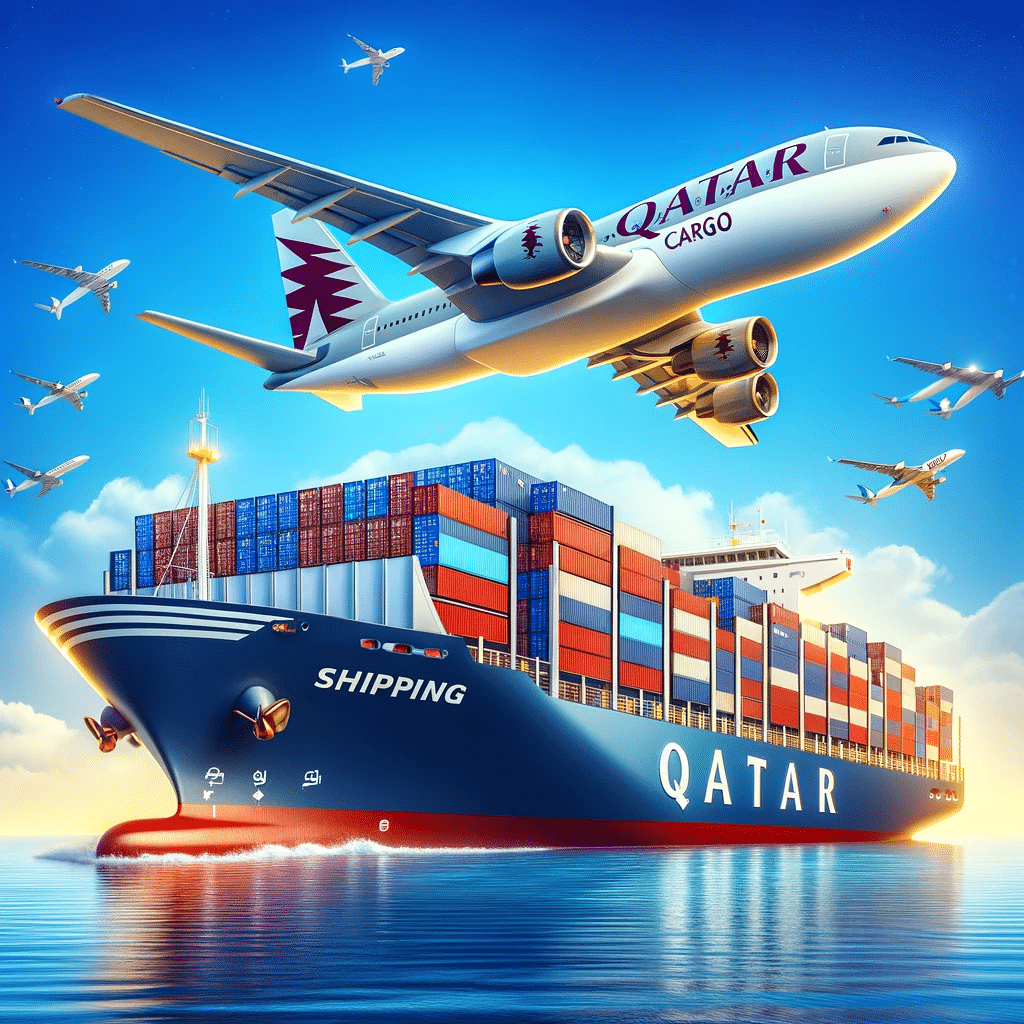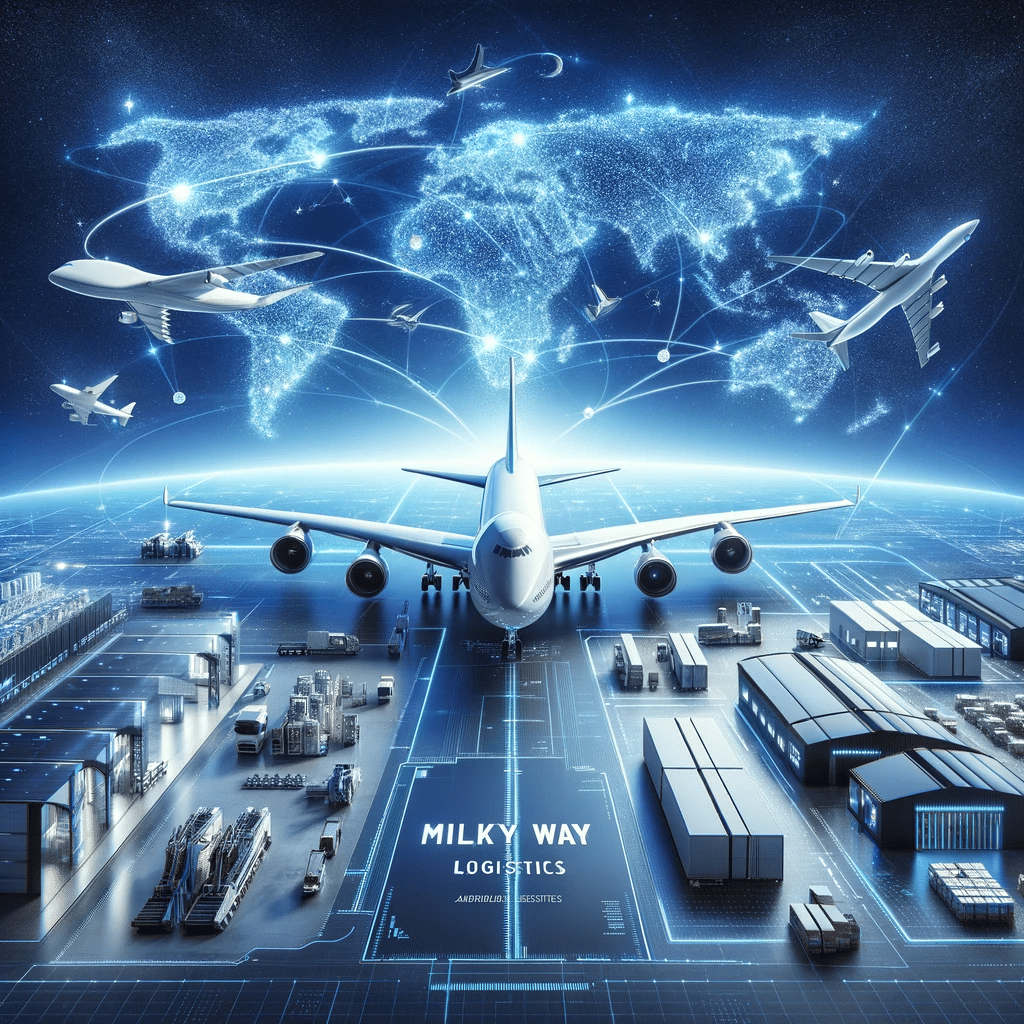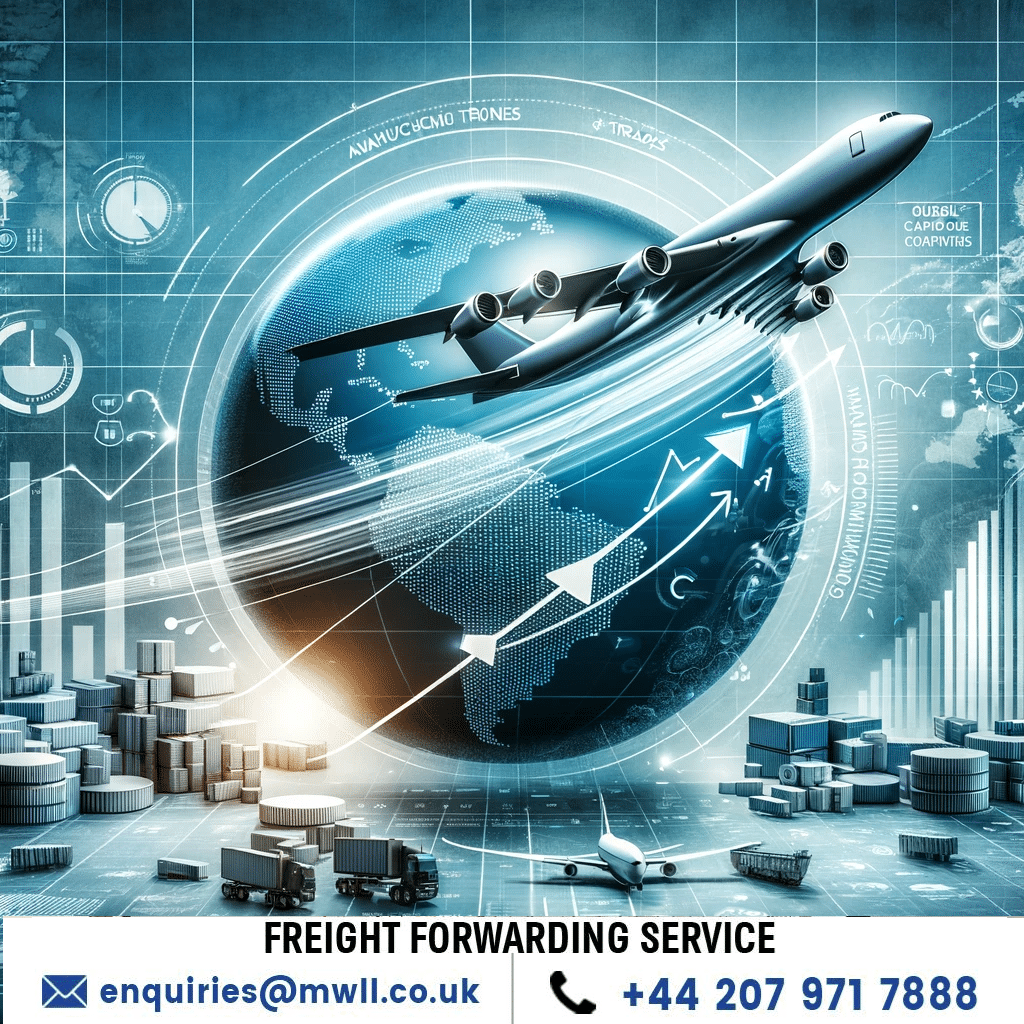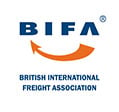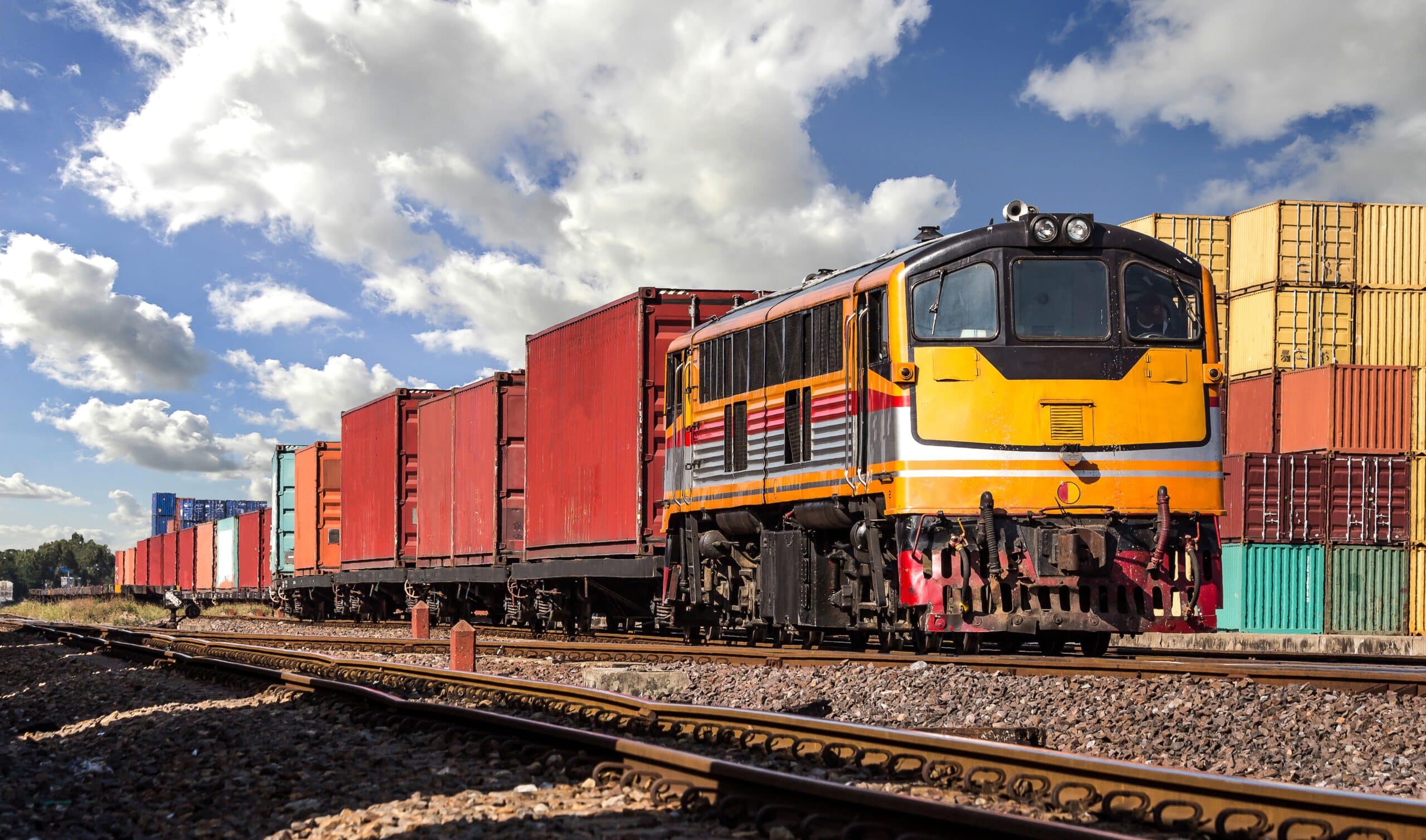
Rail Freight From China to UK Increased Demand
Discover the Benefits and Rising Demand for Efficient Rail Freight From China to The UK Solutions
Milky Way Logistics proudly announces the expansion of its services now to offer rail freight services from China to the UK as well. As global trade continues to grow, the demand for efficient, cost-effective, and sustainable transportation solutions is increasing. Via our rail freight service which is designed to meet these needs, we provide a reliable alternative to traditional shipping methods.
The Comprehensive Route: Rail Freight From China to The UK
The rail freight route from China to the UK is an engineering marvel, combining modern logistics with age-old trade routes. This journey, spanning approximately 12,000 kilometers, not only exemplifies the advances in rail transport but also highlights the intricate coordination and international cooperation required to make such a service possible.
Starting Point: Industrial Hubs of China
The journey begins in some of China’s most significant industrial hubs, such as Yiwu and Chongqing. Yiwu is renowned for its vast small commodities market, while Chongqing is a major manufacturing and logistics center. These cities are bustling with activity, serving as the starting points for goods destined for the UK.
Traversing the Silk Road: China to Kazakhstan
From China, the trains head northwest, crossing into Kazakhstan. This segment of the journey aligns with the ancient Silk Road, a testament to the enduring importance of these trade routes. Kazakhstan’s expansive landscapes and modern rail infrastructure facilitate smooth transit through this part of Central Asia.
Through the Heart of Eurasia: Kazakhstan to Russia
Upon leaving Kazakhstan, the trains enter Russia, the largest country in the world. This leg of the journey is critical, as it covers a vast distance across diverse terrains. Russia’s rail network is well-developed, allowing for efficient passage through the country. Major hubs like Moscow play a pivotal role in the journey, where logistical operations ensure that the goods continue their westward journey without delay.
Crossing into Europe: Russia to Belarus
The next stop is Belarus, a key transit country in this rail route. Belarus’ strategic location and well-maintained railways are vital for the smooth transfer of goods. Here, the focus is on maintaining the pace and ensuring that the trains continue their journey efficiently towards the European Union.
Into the European Union: Belarus to Poland
Poland marks the entry point into the European Union. This transition is crucial, involving meticulous customs procedures and coordination to adhere to EU regulations. Poland’s rail network is a critical segment, providing a gateway to the rest of Europe. Major rail hubs like Warsaw facilitate the onward journey.
The Heart of Europe: Poland to Germany
Germany, with its advanced logistics and rail infrastructure, is a cornerstone of this route. The German segment ensures high efficiency and reliability, with cities like Duisburg acting as major logistics hubs. Here, goods are often redistributed and sent to various destinations across Europe.
Towards the Final Destination: Germany to Belgium
Belgium serves as another key node in this route, with its strategic location and excellent rail connections. The trains pass through Belgium, where logistical operations ensure that the goods are on the final stretch of their journey.
Crossing the Channel: Belgium to the United Kingdom
The final leg involves crossing the English Channel, one of the most crucial parts of the journey. This is typically achieved via the Channel Tunnel, a marvel of modern engineering that connects mainland Europe with the UK. Once in the UK, the goods are transported to their final destinations through the country’s extensive rail network, ensuring timely delivery.
Strategic Hubs and Efficient Operations
Throughout this journey, several strategic hubs and efficient logistical operations are crucial for the success of the rail freight service. These hubs ensure that the goods are handled with care, customs procedures are smoothly executed, and any logistical challenges are promptly addressed. The coordination across multiple countries and rail networks highlights the international collaboration necessary for this service.
Top Benefits of Rail Freight from China to The UK
- The route for rail freight from China to the UK offers a multitude of benefits, making it an increasingly popular choice for businesses seeking reliable, efficient, and sustainable transportation solutions. Here, we explore the top advantages of opting for rail freight on this extensive and strategically important route.1. Speed and Reliability
One of the most significant benefits of rail freight is its speed. Rail transport dramatically reduces transit times compared to ocean freight. Goods can travel via rail freight from China to the UK in approximately 18-20 days, whereas sea freight can take 30-40 days or more. This faster transit time allows businesses to respond more quickly to market demands and reduces the lead time for inventory replenishment. Additionally, rail schedules are less susceptible to the weather-related delays that often affect sea freight, offering a more reliable and predictable service.
2. Cost-Effectiveness
Rail freight strikes an optimal balance between cost and speed. While air freight is the fastest option, it is also the most expensive, often prohibitively so for large shipments. Rail freight from China to the UK, on the other hand, offers a more economical solution compared to air freight while still providing significant time savings over sea freight. This cost-efficiency makes rail freight an attractive option for businesses looking to optimize their logistics budget without compromising on delivery times.
3. Environmental Sustainability
In today’s business environment, sustainability is more important than ever. Rail freight is a greener option compared to both air and sea transport. Trains emit significantly less CO2 per ton-kilometer than airplanes and ships. By choosing rail freight, businesses can reduce their carbon footprint and contribute to global sustainability efforts. This not only helps in meeting corporate social responsibility goals but also appeals to environmentally conscious consumers.
4. High Capacity and Flexibility
Rail freight can handle a wide range of cargo types and volumes. Trains have a high carrying capacity, accommodating everything from electronics and automotive parts to textiles and consumer goods. This versatility makes rail freight suitable for various industries. Additionally, the flexibility in rail scheduling allows for regular departures and reliable service, ensuring that businesses can plan their logistics operations with confidence.
5. Enhanced Security
Rail freight offers enhanced security for goods in transit. Trains travel on dedicated tracks with fewer stops compared to road transport, reducing the risk of theft and damage. Furthermore, the robust infrastructure of rail networks and the use of advanced tracking technologies provide additional layers of security, ensuring that goods arrive at their destination in optimal condition.
6. Less Congestion and Traffic Delays
Unlike road transport, which can be affected by traffic congestion, rail transport operates on a dedicated network of tracks. This reduces the likelihood of delays caused by road traffic and allows for more predictable transit times. Rail freight also helps alleviate congestion on highways, contributing to smoother transportation across all modes.
7. Strategic Access to Major Hubs
The rail freight route from China to the UK connects several strategic logistics hubs along the way. These hubs, located in key cities across Eurasia, facilitate efficient transshipment and distribution of goods. For example, cities like Moscow, Warsaw, and Duisburg are crucial nodes that ensure smooth transit and timely delivery of goods. Access to these major hubs enhances the overall efficiency of the supply chain.
8. Integration with Other Modes of Transport
Rail freight can be seamlessly integrated with other modes of transport, such as road and sea, providing a comprehensive multimodal logistics solution. This intermodal capability allows for flexible and efficient door-to-door delivery services, catering to the specific needs of businesses. The ability to combine different transportation modes ensures that goods can reach even the most remote destinations.
9. Support for Just-in-Time Delivery
The reliability and speed of rail freight support just-in-time (JIT) delivery systems. Businesses that rely on JIT inventory management benefit from the reduced lead times and predictable schedules offered by rail freight. This enables them to maintain lower inventory levels, reduce storage costs, and improve overall supply chain efficiency.
10. Scalability and Growth Potential
As global trade continues to expand, rail freight offers significant scalability and growth potential. The existing rail infrastructure is continually being upgraded and expanded to accommodate increasing volumes of freight. This ensures that rail freight can meet the growing demands of businesses and support future trade growth between China and the UK.fh
- ro China to the UK in approximately 18-20 days, whereas sea freight can take 30-40 days or more. This faster transit time allows businesses to respond more quickly to market demands and reduces the lead time for inventory replenishment. Additionally, rail schedules are less susceptible to the weather-related delays that often affect sea freight, offering a more reliable and predictable service.
Surging Demand for Rail Freight From China to the UK
The demand for rail freight from China to the UK has been experiencing a significant surge, driven by a combination of economic, logistical, and environmental factors. This increasing demand underscores the value that businesses place on efficient, reliable, and sustainable transportation solutions. Here, we delve into the key drivers behind this growing trend and how it is shaping the future of global logistics.
1. Global Supply Chain Disruptions
2. E-commerce Boom
3. Cost Efficiency
4. Environmental Sustainability
5. Belt and Road Initiative (BRI)
6. Technological Advancements
7. Geopolitical Considerations
8. Infrastructure Improvements
9. Market Diversification
10. Government Support
Why Choose Milky Way Logistics for Rail Freight From China to the UK
Milky Way Logistics is dedicated to providing innovative and efficient logistics solutions. Our rail freight from China to the UK exemplifies our commitment to meeting the evolving needs of our clients. Businesses can benefit from the speed, cost-effectiveness, and sustainability of our rail freight service, ensuring their goods arrive on time and in excellent condition.
Contact Milky Way Logistics for Your Rail Freight Needs
For more information about our rail freight from China to the UK and to discuss how we can support your logistics requirements, please contact our customer service team or visit our website.
About Milky Way Logistics
Milky Way Logistics is a leading global logistics provider, offering comprehensive freight solutions across air, sea, and rail. We are committed to innovation, sustainability, and customer satisfaction, striving to be the preferred logistics partner for businesses worldwide.
